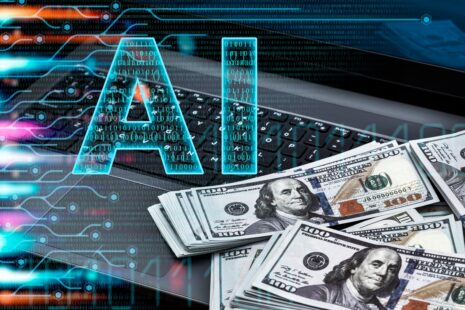As artificial intelligence continues to reshape industries, the question of “what’s next” sparks innovative possibilities. While AI will remain a central technology, other transformative advancements are emerging as contenders for the future of innovation.
Developments After AI
Quantum Computing
- What it is – Quantum computing uses principles of quantum mechanics to process information at speeds unimaginable with traditional computers.
- Potential impact – Quantum computers could revolutionize fields like cryptography, optimizing complex systems, and scientific research by solving problems in minutes that would take classical computers centuries.
- Timeline – Some experts predict that quantum computing could become commercially viable within five to six years, marking a profound technological shift.
Neurotechnology
- Brain-computer interfaces (BCIs) – Emerging neurotechnologies could allow humans to interact with machines directly through thought. This opens pathways for enhanced learning, communication, and even extending human senses.
- Applications – BCIs could aid individuals with disabilities, improve focus through neurofeedback, and introduce new ways of connecting with AI systems.
Synthetic Biology
- Programming life – Synthetic biology combines biology and computer science to create custom organisms and bio-products. This could lead to advances in medicine, agriculture, and environmental sustainability.
- Examples – Bioengineered microbes could clean pollutants, manufacture drugs, or even grow new organs for transplantation.
Blockchain and Decentralization
- Beyond cryptocurrency – Blockchain technology could redefine trust, data security, and transparency in industries like finance, supply chain, and governance.
- Future promise – Decentralized finance (DeFi) and voting systems have the potential to democratize access and minimize fraud.
Clean Energy Innovation
- Fusion and hydrogen technologies – With increasing focus on sustainability, advancements like fusion energy and hydrogen fuel cells could transform how we power the world, reducing reliance on fossil fuels.
The future beyond AI isn’t about replacing it but complementing it with groundbreaking technologies. These advancements could integrate with AI to create even more powerful and innovative solutions, shaping a new era of technological growth.




